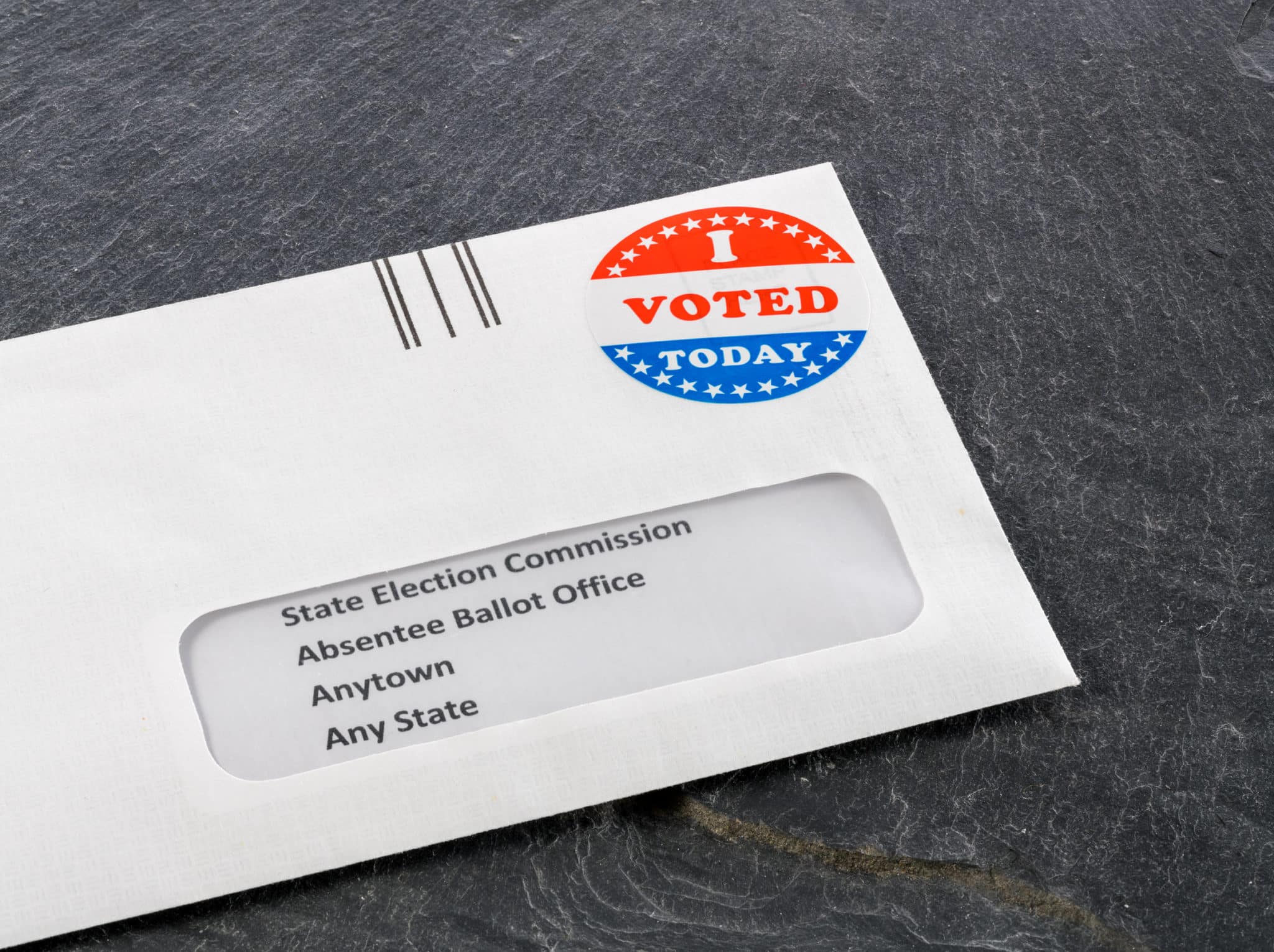
With just a couple of weeks left before the gubernatorial election in Virginia, a concerned citizen’s group in Fairfax County has filed a civil complaint alleging that the Election Board is not following the law. Absentee and mail-in ballots are at the heart of the lawsuit, which was filed by the Virginia Institute for Public Policy, and the problem is related to the manner in which these votes are being handled.
The lawsuit names the Director of Elections as a defendant along with the Chairman of the Electoral Board and other members tasked with managing the upcoming election in Fairfax County. The plaintiffs state that the Electoral Board has chosen to approve mail-in ballots even if they do not include the last four digits of the voter’s Social Security number, which would go against section 24.2-701(c) of the Virginia Code. Furthermore, the complaint states that approving ballots in such a manner also violates the Virginia Constitution, namely its Anti-Suspension Clause, which essentially prohibits rules and laws from being modified or circumvented without the approval of elected representatives.
It should be noted that the Anti-Suspension Clause was actually ignored in Virginia and many other states during the worst months of the COVID-19 pandemic in 2020; this was done in the interest of encouraging voters to prevent coronavirus contagion by staying home instead of going to the polls for the 2020 general election. Notwithstanding this instance, the Public Interest Legal Foundation (PILF) of Virginia prevailed in a related 2020 lawsuit against the State Board of Elections. At that time, the PILF was able to get a court injunction to prevent absentee ballots that were not clearly postmarked in the three days after the polls closed.
In Virginia, a voter who requests an absentee ballot in person does not have to provide his or her Social Security number; however, the last four digits must be on the ballot itself once it is submitted. The PILF interprets the aforementioned section of the Virginia Code as a hard requirement that actually protects the right to vote because registered voters should not be afraid of others submitting ballots in their names.
The lawsuit also mentions a Fairfax County elections worker who has thus far inspected more than 300 mail-in ballots that did not include any SSN digits at all. In addition to electing a governor, residents of the Old Dominion state will also be electing a lieutenant governor and the attorney general on the same ballot this year. Within Fairfax County, the ballot also includes a section for candidates to the House of Delegates, and it will also address issuance of new bonds. As of October 21, the respondents had not answered requests for comments from the press.





